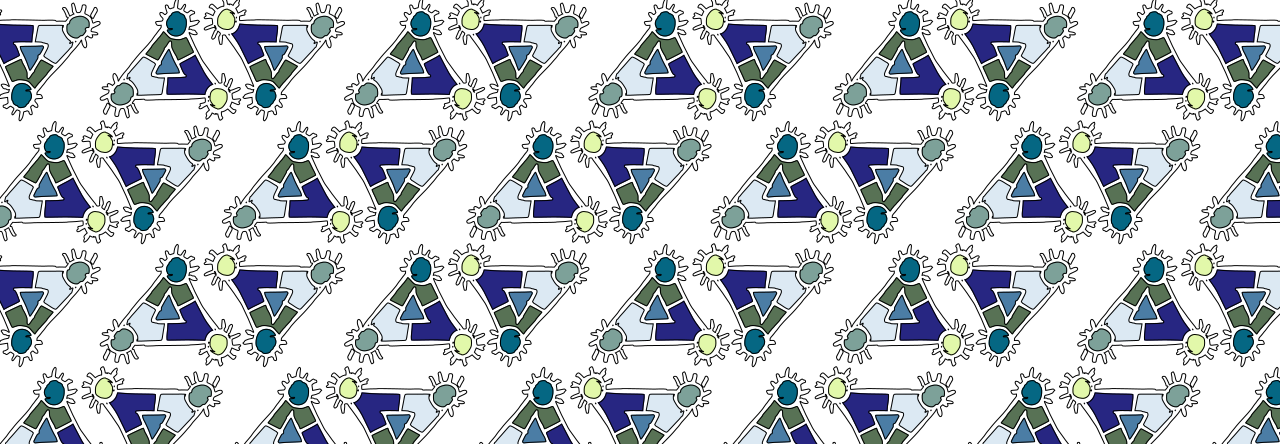Had an idea for a thing. At the moment I’m calling it <broken poets>.
Clark was having one of his moments.
"There were roughly three thousand people using public transport that day; thirty-four where riding on the bus in question; eighteen were Caucasian, twelve were Hispanic, two were black, two were Asian; nine were wearing hats: three where dark, six were light; one of the Hispanic women was wearing gloves – it wasn't cold that day; three of the Caucasian women were wearing winter coats – it was not cold that day; and one of the Caucasian men noticed this disparity in dress before the crash that killed thirty-three of them – I should not have questioned them about their seasonally inappropriate attire so close to the end of their mortal lives."
The department store worker asked again, "do you need this gift wrapped, sir?"
"That would be nice. I could give it to someone if I chose to. It's always good to have your options open. You have a very nice choice of attire that is seasonally appropriate."
"Thank you. Just one final ribbon –"
"Tremendous! I can tell you're going to live for a long time. God doesn't take the talented or well-dressed."
